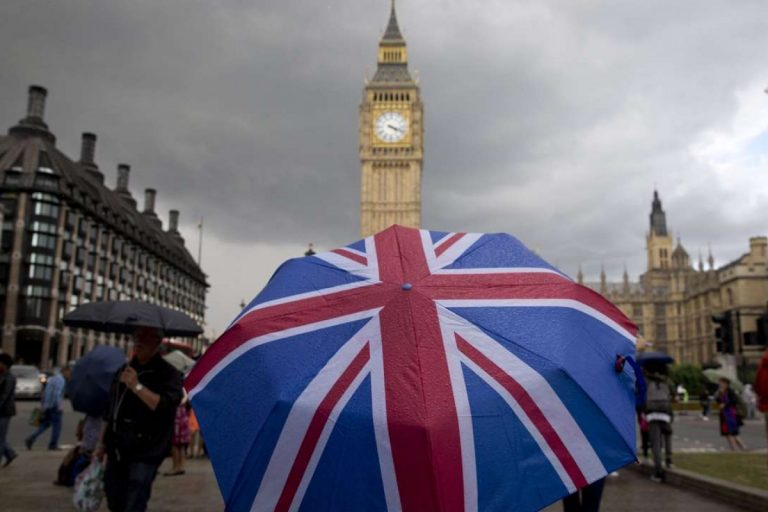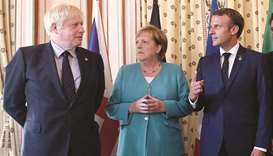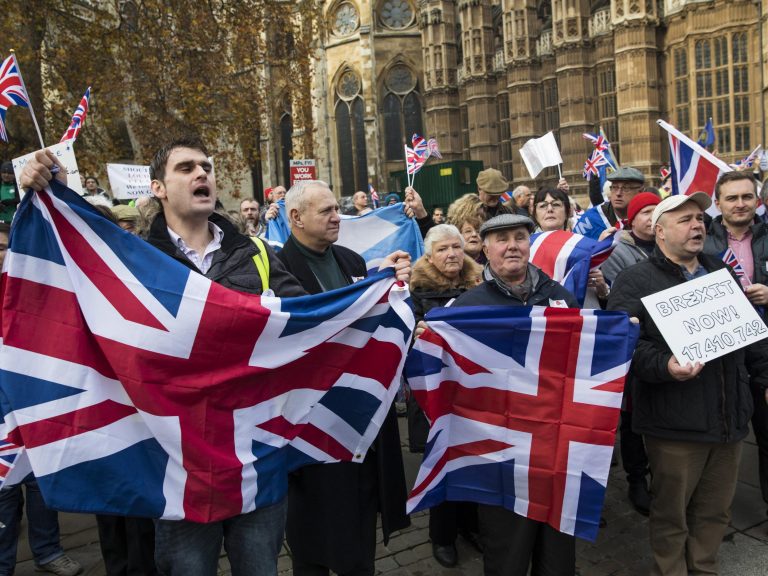Thousands of UK jobs at risk as E.ON breaks up Npower
German energy group E.ON plans a £500mn ($642mn) break-up of the struggling British Npower division it inherited from Innogy, which a union said could put up to 4,500 jobs at risk.
The revamp, the latest among established British retail power providers, effectively removes one of the market’s so-called ‘Big Six’ players, which have lost customers to nimbler recent entrants and been hit by a regulatory price cap.
E.ON’s plan includes managing Npower’s residential and small and medium-size business customers on the same platform as its own, while putting Npower’s industrial and commercial customers into a separate business.
The rest of Npower will be closed.
E.ON chief executive Johannes Teyssen said the group would examine options for Npower’s industrial and commercial business, the division’s only profitable part, suggesting it might be sold at some point.
The shake-up will result in up to 4,500 job losses at Npower, British union UNISON said, nearly 80% of the division’s total staff.
“The UK market has been very challenging for several years,” Teyssen said. “Churn (customer switching) rates are high, margins slim, and the price caps introduced this year have exacerbated the situation.
No company operating there has been spared these difficulties.”
Teyssen said talks with British unions about the plans had started. Shares in E.ON were up 1.6% at 0951 GMT.
“We see this initial update as encouraging, given likely low market expectations around the outlook for Npower,” Jefferies analysts wrote, keeping a “buy” rating on E.ON stock.
Npower has been suffering more than its large rivals, including E.ON itself, Centrica’s, SSE, EDF and Iberdrola, partly because of internal billing problems.
E.ON said it expected its combined British business to achieve at least 100mn pounds of earnings before interest and tax (EBIT) and positive free cash flow from 2022 onwards. E.ON took over Npower as part of a far-reaching asset swap with RWE that included the break up of Innogy.
The deal, first announced in March 2018, has turned E.ON into a pure energy retail and networks group.
As a result of the transaction, E.ON’s net debt nearly doubled to €39.6bn ($43.7bn) at the end of September.
E.ON also said yesterday the deal had led it to raise its 2019 adjusted EBIT forecast to €3.1-3.3bn from 2.9-3.1bn.
In the first nine months of the year, adjusted EBIT fell 6% at €2.2bn.








